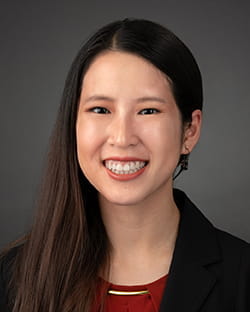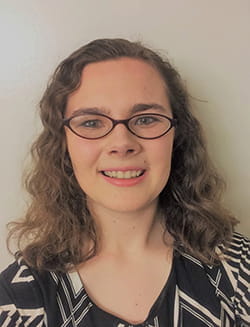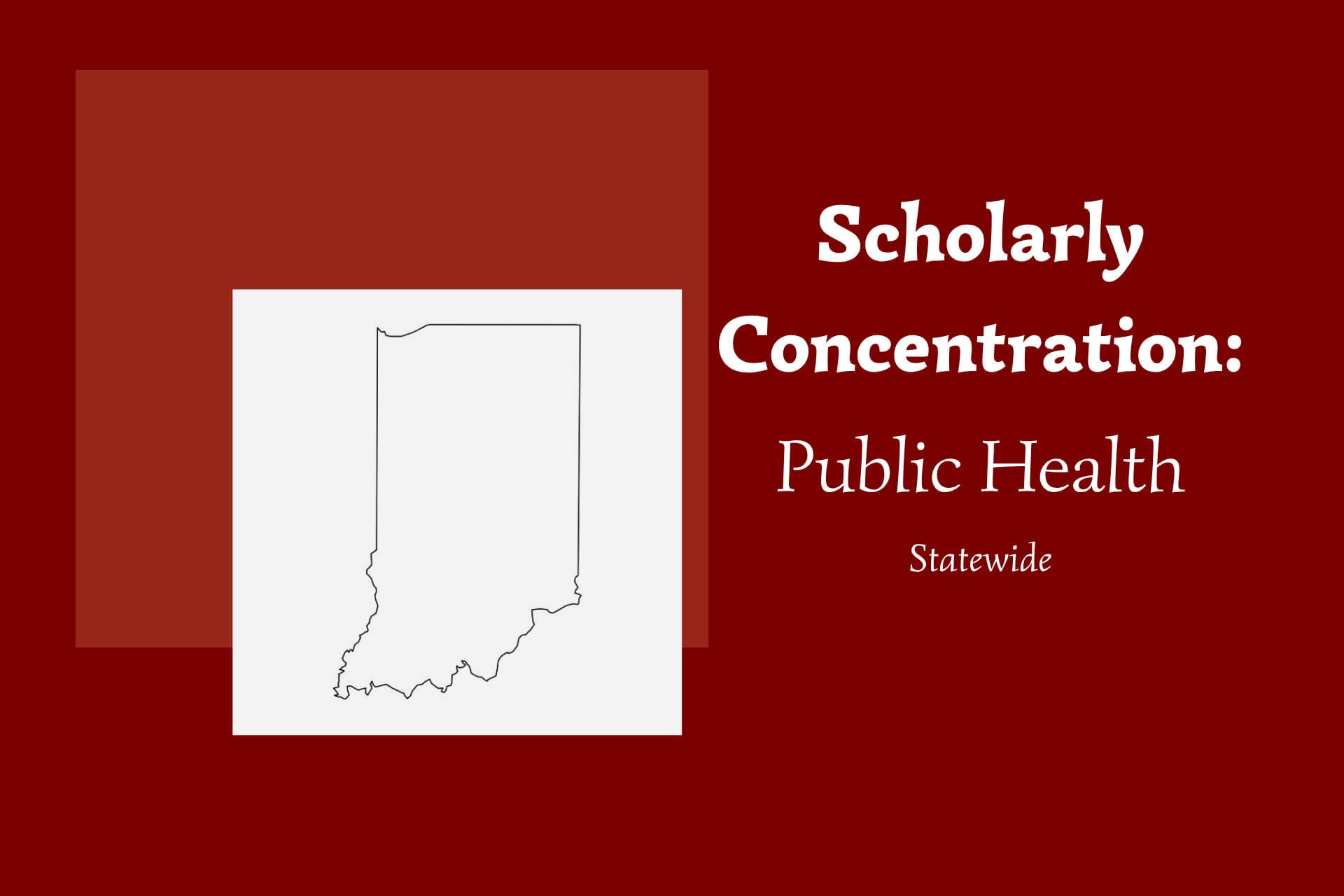This scholarly concentration provides foundational knowledge in public health including:
- Characteristics, organization and functioning of the U.S. health system
- Trends impacting public health
- Causes of death and disability
- Historical contributions of public health to life expectancy and quality of life
- Key terms and concepts of public and population health
- How to assess and impact public and population health at the local, state and national levels
- Local and global factors that determine health at a population level
- Evidence-based interventions and evaluations
- Focus on low-resource and other vulnerable populations
Students are encouraged to apply to both the Public Health scholarly concentration and the IMPRS Summer Research Program, but ONLY if they have the same mentor (or mentoring team) and project for both. There is insufficient time in the summer between the first and second years of medical school to do two independent projects and do them well. IMPRS links students with mentors and projects. Students who don't apply to or are not accepted into IMPRS can work with the Public Health scholarly concentration co-directors to identify a mentor and project idea, if needed.
Students applying to participate in AmeriCorps’ Hoosier Public Health Corps should probably not apply for the scholarly concentration in Public Health. Many students who have done both have struggled to find sufficient time and mentoring to complete their scholarly concentration project while also fulfilling their AmeriCorps responsibilities.
Students who participate in the scholarly concentration may later choose to enroll in the IU School of Medicine's MD-MPH combined degree program with the Fairbanks School of Public Health or obtain a certificate in public health from Fairbanks. The two public health courses taken in the scholarly concentration will count towards the required coursework for the MPH or certificate, and the scholarly concentration project can be expanded to a master's thesis. Further information can be obtained from Bill Tierney, MD, director of the MD-MPH combined degree program.
It is important to note that the scholarly concentration in Public Health accepts students from all campuses, yet strives to link students to mentors on their home campus whenever possible. Because of its statewide scope, the scholarly concentration in Public Health is one of the largest scholarly concentrations, accepting between 15 and 30 students per class, potentially, depending on interest.
Location
Because the scholarly concentration in Public Health accepts students from all nine campuses, all concentration coursework is entirely online. The scholarly project work usually occurs in the student's IU School of Medicine campus city and/or region or a mutually agreed upon site. Some students have arranged to focus their project on global health and spend some time with IU's partners in Kenya. Further information can be obtained from Bill Tierney, MD.
Curriculum and Timeline
Students completing the Public Health scholarly concentration fulfill the same core curriculum on the fundamentals of research and scholarship as students in other concentrations. The didactic components provide a strong academic and experiential foundation in public health that will be vital for completion of the core curriculum project and product.

 Why did you choose the Public Health Scholarly Concentration?
Why did you choose the Public Health Scholarly Concentration? Why did you choose the Public Health Scholarly Concentration?
Why did you choose the Public Health Scholarly Concentration? Being in the Public Health Scholarly Concentration program has provided me with invaluable interdisciplinary education. From learning basic introduction to public health to the overview of health care systems in America, I know I will carry this knowledge forward with me to provide better care for and with my patients.
Being in the Public Health Scholarly Concentration program has provided me with invaluable interdisciplinary education. From learning basic introduction to public health to the overview of health care systems in America, I know I will carry this knowledge forward with me to provide better care for and with my patients.



